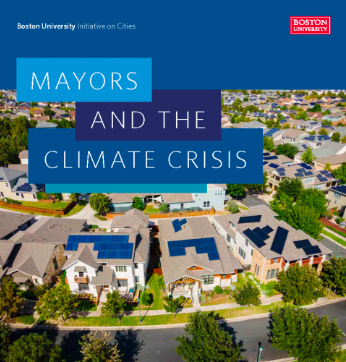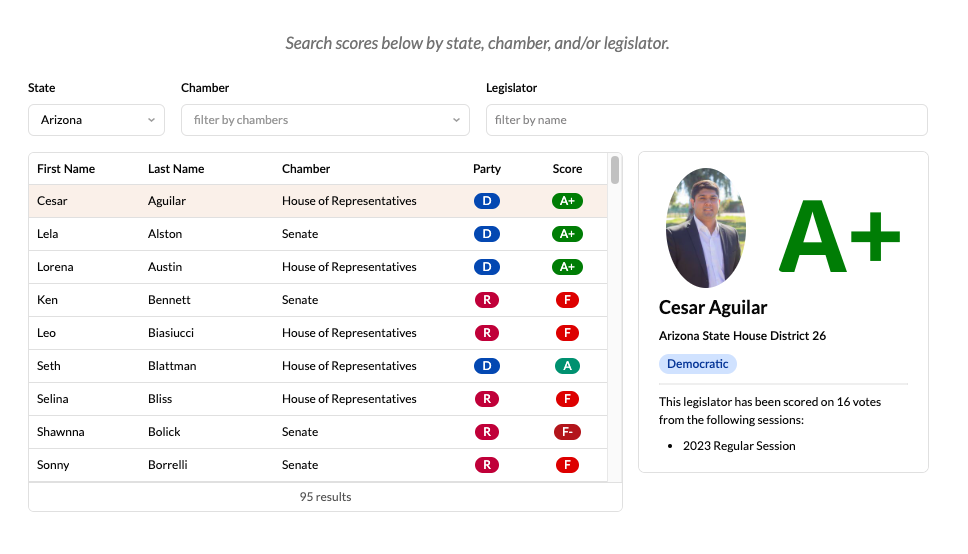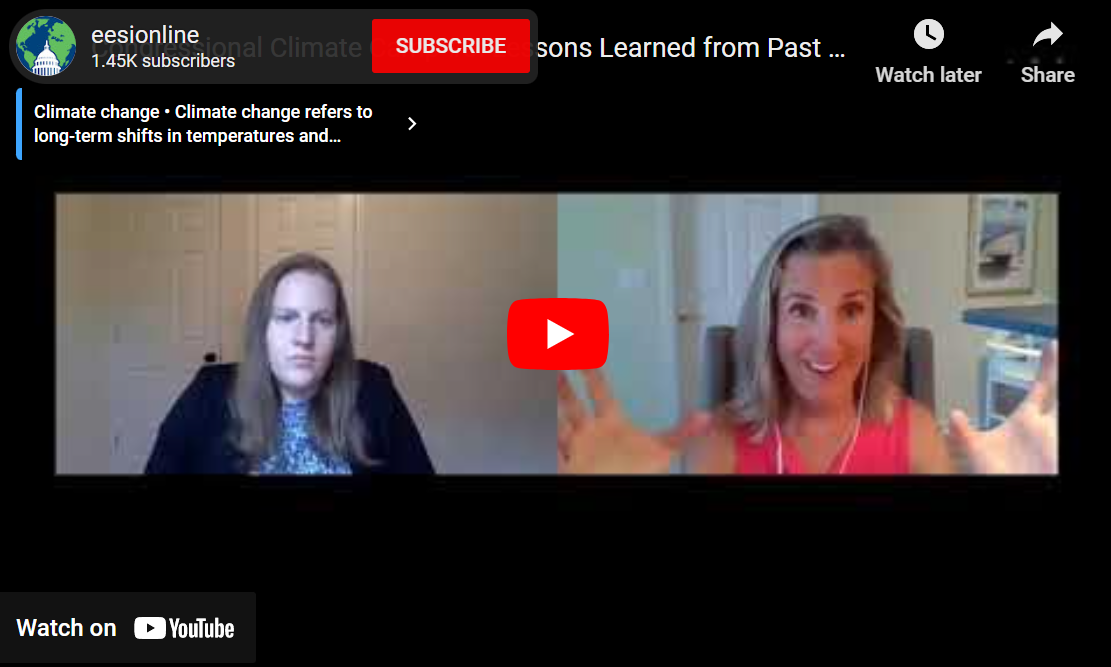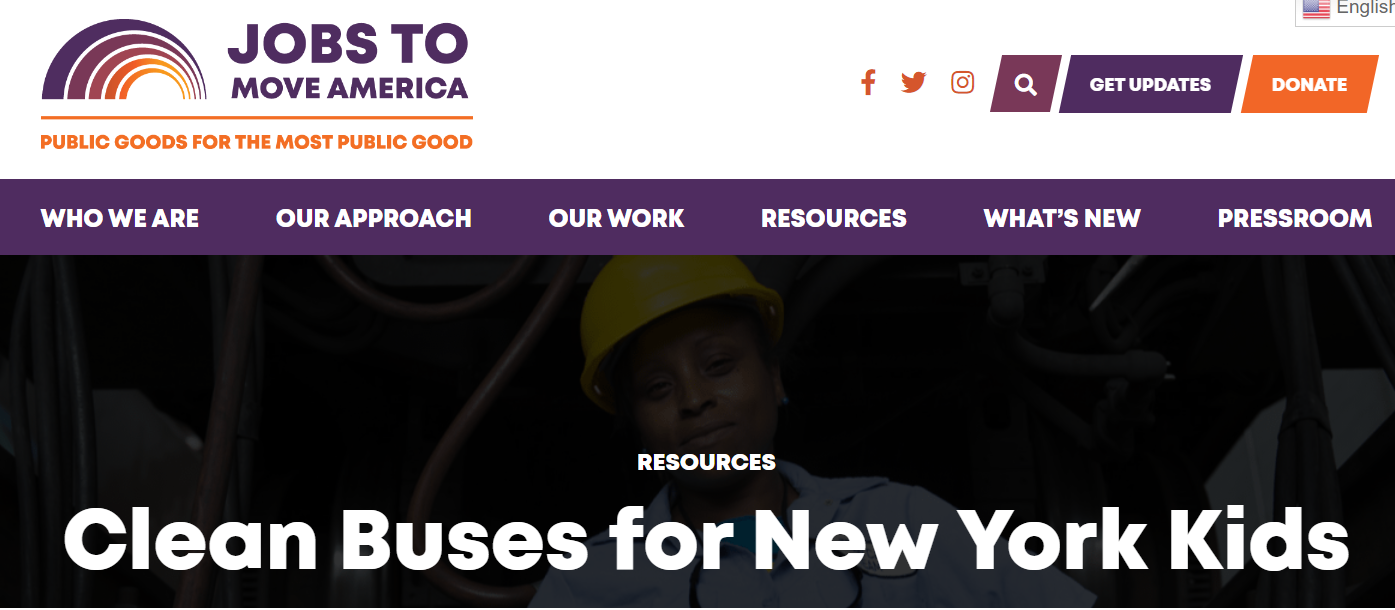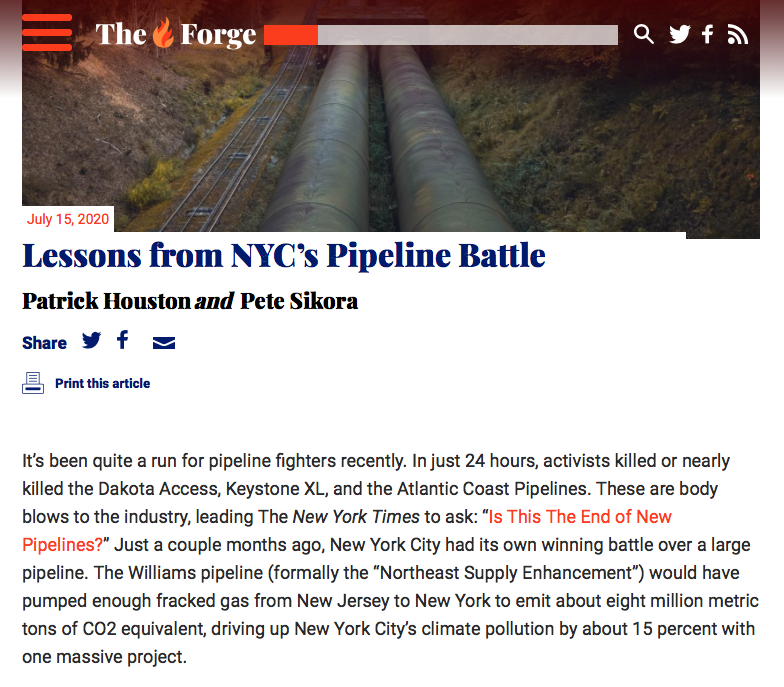Resources
Search below for resources covering the intersection of climate engagement, social science and data analytics.
RESULTS
Offshore wind farms: policymakers are more influenced by reports that accentuate negative impacts – new study
Policymakers rely less on academic research on offshore wind than they do on other reports, which present more negative effects of offshore wind. For offshore wind farms, decision-makers more frequently rely on “grey literature” such as environmental statements, impact or habitat risk assessments, survey reports, social studies, and pre- and post-construction reports. 71% of outcomes reported in grey literature for the impacts of offshore wind farms are negative, compared with 36% in primary literature.
Plan a Winning Fly-in
Successfully meeting with policymakers requires a few key steps. The group trying to meet with their representative must select a priority issue (or issues), recruit the correct people (and a lot of them) to attend the meeting, properly schedule the meeting ahead of time, prepare the advocates in the room, and follow up with the representative’s office after the meeting. This webinar details all of these ingredients.
Environmental Polling Roundup - January 20th, 2023
This post includes climate and environment headlines, data points, and key takeaways from recent public polls - including new national polling on the Inflation Reduction Act, national polling on the Farm Bill, polling in Michigan about climate action at the state level, and a new survey of U.S. mayors about climate policy.
2022 Survey of Mayors and the Climate Crisis
Mayors across the country are worried about climate impacts in their cities and agree that cities have a major role to play in addressing the climate crisis. But, they are reluctant to put bans or restrictions on individual behaviors. 73% agree that cities should be willing to expend resources and incur costs to address climate change, and 8-in-10 of those who agree say they are motivated by a “desire to do our part” irrespective of where climate impacts happen. However, there are notable partisan differences with 87% of Democratic mayors agreeing with the need to make significant financial investments in climate action compared to 43% of Republicans. While sizable, this partisan gap has closed since 2019 due to a growing share of Republicans agreeing that the investment is necessary. Mayors cite their city’s influence over building codes (55%) and zoning (38%) as their top two most powerful climate tools. In contrast, very few mayors (8%) cite their authority to ban or limit behaviors as a top tool, suggesting they are not equally bullish about all regulatory powers. Mayors are reluctant to impose restrictions on gas stoves, gas lawn tools, and gas and oil heat, or to try to dissuade residents from driving.
The Climate Cabinet Scorecard
The Climate Cabinet Scorecard is the first national tool to hold state legislators accountable for their votes on climate and environmental justice legislation. This Scorecard can equip organizations, lawmakers, voters, and journalists with the facts and trends needed to assess how state governments are approaching the fight against climate change – or lack thereof. Voters can discover how over 4,200 state legislators in 27 U.S. states voted on over 475 critical climate and environmental justice bills – including their own state representatives.
How Natural Disasters Can Change A Politician
Politicians who experience climate disasters can become more supportive of climate policy. One research paper found that politicians who experienced climate disasters were more likely to push for climate policies regardless of party. However, a different study that showed abnormal temperature and precipitation trends were correlated with representatives’ environmental votes found that the politicians’ party did matter: Moderate Democrats made the biggest shift toward more environmental-policy support (Republicans did not shift much, nor did more “strident” Democrats, who are already very supportive of climate policy).
Congressional Climate Camp #3: Lessons Learned from Past Congresses and Current Attitudes on Climate
The Environmental and Energy Study Institute brought together a variety of leaders and stakeholders together to examine past legislative efforts and future opportunities to act on and initiate climate policy. Panelists highlighted how big legislative wins, like the Clean Air Act, were critical turning points for environmental policy. But at the same time, policies that aren't ultimately enacted into law—like the Clean Power Plan—can still be instrumental in illustrating the role that policy can and should have in tackling climate issues. Experts in community engagement highlighted how these policies are much more effective when multiple stakeholders are engaged in the process. Broad stakeholder engagement often means looking for bipartisan support. For some political actors, bipartisan collaboration can seem like “bad politics.” In reality, however, it can actually lead to some of the most successful and lasting policies. One panelist even points out that there is little evidence that candidates are punished in the polls for compromising while working on bipartisan efforts.
Clean buses for New York kids
A 2021 report from Jobs Move to America argues that a quick transition to electric school buses in New York City would not only reduce greenhouse gas emissions and create cleaner air environments for kids – the move would also create jobs in the city. The report details some key recommendations for achieving these benefits. First, it would require the creation and funding of pilot program and city-wide mandate to transition to electric buses. Then, at the state level, the report recommends securing job improvements for manufacturing and creating a long-term funding source for electric school buses. Advocates interested in supporting moves to electric school buses should consider these recommendations in their own advocacy efforts.
Climate activism and its effects
Synthesis of research on the specific ways citizens have engaged civically around the issue of climate change and documented effects of these efforts on climate change itself suggests:
- Behavior-change campaigns can positively influence lifestyle choices that reduce their individual carbon footprints, such as reducing car-use, purchase renewable electricity, and eating less meat
- An increasing number of environmental NGOs is associated with lower levels of environmental degradation (including reduced carbon dioxide emissions)
- "Insufficient evidence" regarding what legal challenges/litigation have had on greenhouse gas emissions
- Targeting the economic sector and specific businesses (through boycotts, divestment campaigns, etc.) has resulted in "notable" emissions reductions
Lessons from NYC’s Williams Pipeline battle
A multi-racial coalition focused on organizing and escalating tactics helped defeat the Williams Pipeline: The Stop the Williams Pipeline coalition won by building, organizing, and activating a large and intense base of opposition targeted at the key decision-maker, Governor Andrew Cuomo.
Pagination
- Page 1
- Next page


